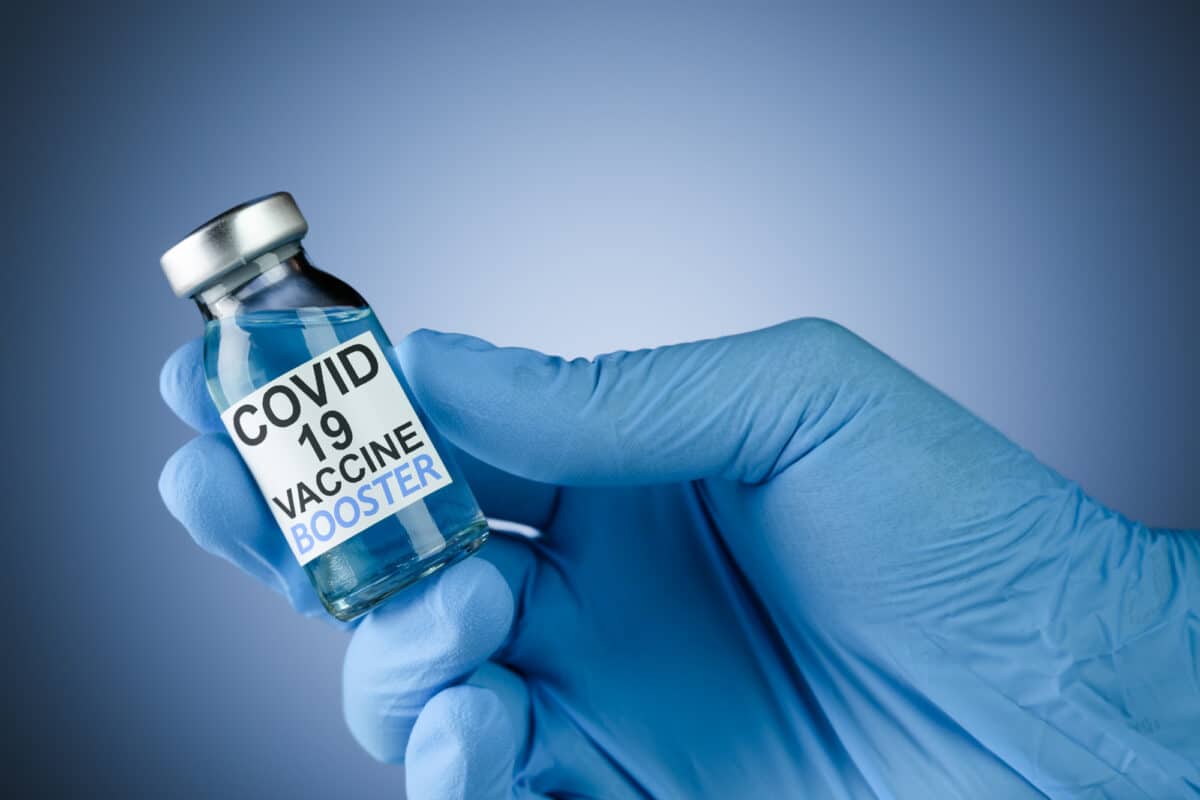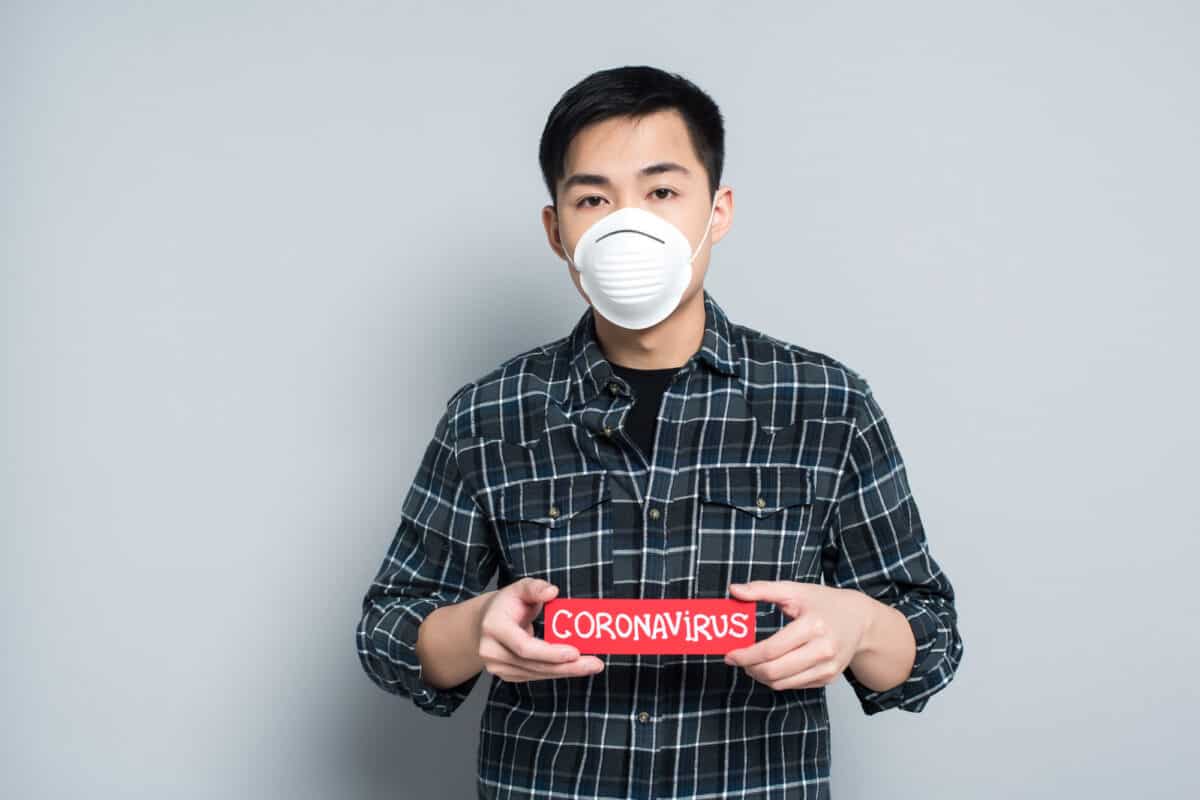After a year of social distancing, canceled life events and trips, and socializing through Facetime and Zoom, you are likely very excited by the newfound freedom that being vaccinated against COVID-19 will provide you. Unfortunately, it is not quite that simple.
The COVID-19 vaccines are an enormous leap forward in a pandemic that has changed our lives. While these vaccines will help bring the finish line in sight, there is still more work to be done. This work includes continuing the preventive measures you have been practicing since last March for longer than you may think, even if you are vaccinated.
Vaccinating at least 70% of the population is going to take a while in reality. Until the majority of the population is vaccinated, keeping everyone within our communities safe means continuing to wear an ASTM Level 1 Mask, practicing social distancing, and avoiding crowds.
With the Pfizer vaccine, you will need two doses — with the second dose coming three weeks after the first. After your second dose, it will take about two weeks to become fully protected. It takes time for your body to develop the specific immune response needed to ward off COVID-19 and the new variants.
With the Moderna vaccine, it is a similar story. The only real difference is that you will need to wait four weeks between your first and second dose of the vaccine. New trial data appears to support pushing back the second dose to 12 weeks with the AstraZeneca vaccine Then there is the single-dose Johnson & Johnson vaccine, which like Pfizer and Moderna requires another two weeks to do its work.
This time lag means you cannot go straight from getting your first shot to your neighbors or a nice dinner at your favorite restaurant expecting to be immediately immune to COVID-19.
Starting from the day you get your first shot, expect the entire immunity-building process to take at least two to 6 weeks, depending on which vaccine you receive.
Vaccinating the masses will take time
The COVID-19 vaccines have the power to stimulate immunity to the new coronavirus without a person ever actually being infected with it. But, getting COVID-19 under control is going to take more than just you and me getting vaccinated. Enter herd immunity.
Herd immunity is when a large enough portion of the population is immune to an infectious
Experts estimate that to achieve herd immunity, anywhere between 70% to 90% of
the population will need to get vaccinated.
This, of course, is going to take some time. Even the best-laid vaccination production and distribution plans cannot make up for the fact that vaccinating the majority of the population is a tall order. Not only do sufficient doses of vaccine need to be produced, but these doses need to be distributed across Canada and administered to people one by one. Further complicating matters is the fact that many people are skeptical about these new vaccines, and misinformation is adding to this fear.
You may still be able to spread COVID-19 after being vaccinated
The primary goal of any vaccine is to prevent illness and death, and the available COVID-19 vaccines are remarkably good at this. This is very welcome news. But, preventing illness is not the same as preventing infection.
These vaccines are effective in the most important way we need them to be right now, they reduce a person’s risk of becoming severely ill as a result of COVID-19. What we do not yet fully understand is how effective these vaccines are at preventing you from becoming infected in the first place. This is not to say the vaccine does not also prevent infection. We just do not know for certain whether this is the case or not.
This means that, even though you are vaccinated, the possibility remains that you could get infected and spread the virus to someone else and, if you are not being safe, that someone could be a person who is both unvaccinated and at high risk for severe
Until then stay safe and protect yourself and others by wearing a Medical Mask, Protective Medical Gloves, practice social distancing, and follow your local guidelines.
This post has been sponsored by Veza Digital
Digital Health Buzz!
Digital Health Buzz! aims to be the destination of choice when it comes to what’s happening in the digital health world. We are not about news and views, but informative articles and thoughts to apply in your business.


